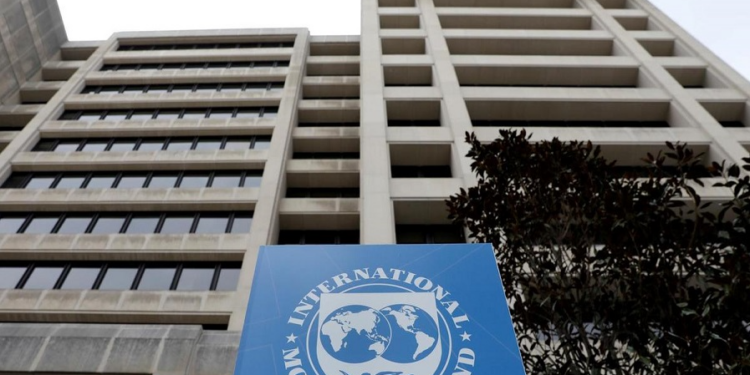The International Monetary Fund (IMF) and World Bank have restated their commitment to address issues relating to the vulnerability of nations to debt, and problems with climate change and facilitate digital transitions for people who are still offline.
The Bretton Woods institutes disclosed their resolve in a joint statement signed by the President of the World Bank Ajay Banga and the Managing Director of IMF Kristalina Georgieva.
Debt vulnerability
On addressing nations vulnerable to debt, the statement noted that the recent issues relating to the increase in debt susceptibility are an opportunity for collaboration between the two institutions.
They also said their strategies include; preventing nations from further build-up of debt and debt restructuring.
- In their words, “The Bank and the Fund have long worked closely together on debt challenges, both in operational work in individual countries and at the global level. The current context of elevated debt vulnerabilities gives renewed urgency to intensified collaboration, building and leveraging on our respective areas of expertise.
- “We will enhance our joint work to help prevent further build-up of debt vulnerabilities, assisting countries to strengthen debt management and transparency and public finances, while improving the joint Low Income Country Debt Sustainability Framework to better account for current challenges.
- “We will also deepen our support to creditors and debtors engaged in a debt restructuring and will work further with our partners to improve restructuring processes, including under the Common Framework, building on the work we launched at the Global Sovereign Debt Roundtable.”
Digital transitions
On digital transitions, the institutions lamented the fate of about 3 billion people who are not connected to the internet with most of them in the global south.
The bank noted it will collaborate with governments in emerging and developing nations to tackle regulatory and infrastructure hurdles hindering digital inclusion and transformation.
Its aim is to advance financial inclusion, establish cost-effective payment systems, and enhance the digitization of government services and operations.
On the other hand, the IMF said it is dedicated to bolstering digital transformation within the financial sector, encouraging broader adoption of cutting-edge financial technologies while safeguarding the integrity and stability of the financial system.
Climate change
Both organisations recognised climate change as a threat to global peace, security, economic stability and development. Both organisations resolved to address the challenge of climate change by assisting all member nations in aligning their climate and development objectives.
Recognizing the vital importance of this endeavour, they intend to formalize and enhance cooperation between the Bank and the Fund in this domain.
- The statement read, “The Bank and the Fund will promote complementarity and synergies in their climate-related works. The updated core mandate of the World Bank puts climate explicitly as one of the core areas of the Bank’s efforts and builds on an ongoing multiyear engagement on climate action and development.
- “Building on its Climate Change Action Plan, the Country Climate and Development Reports (CCDRs), and extensive country-level policy work, the World Bank provides policy advice on climate issues to member countries, supports policy reforms through Development Policy Financing and provides financing for specific investments at the sectoral level through investment and program for results loans.
- “Finally, the World Bank and the IMF affirmed their commitment to addressing the problems the world faces.
- They said, “The Bank and the Fund will work with shareholders and partners to mobilize the substantial resources needed to meet the complex challenges the world faces today.
- “The world can, and must, come together to address global challenges. The IMF and World Bank are committed to help advance this common effort.”




















